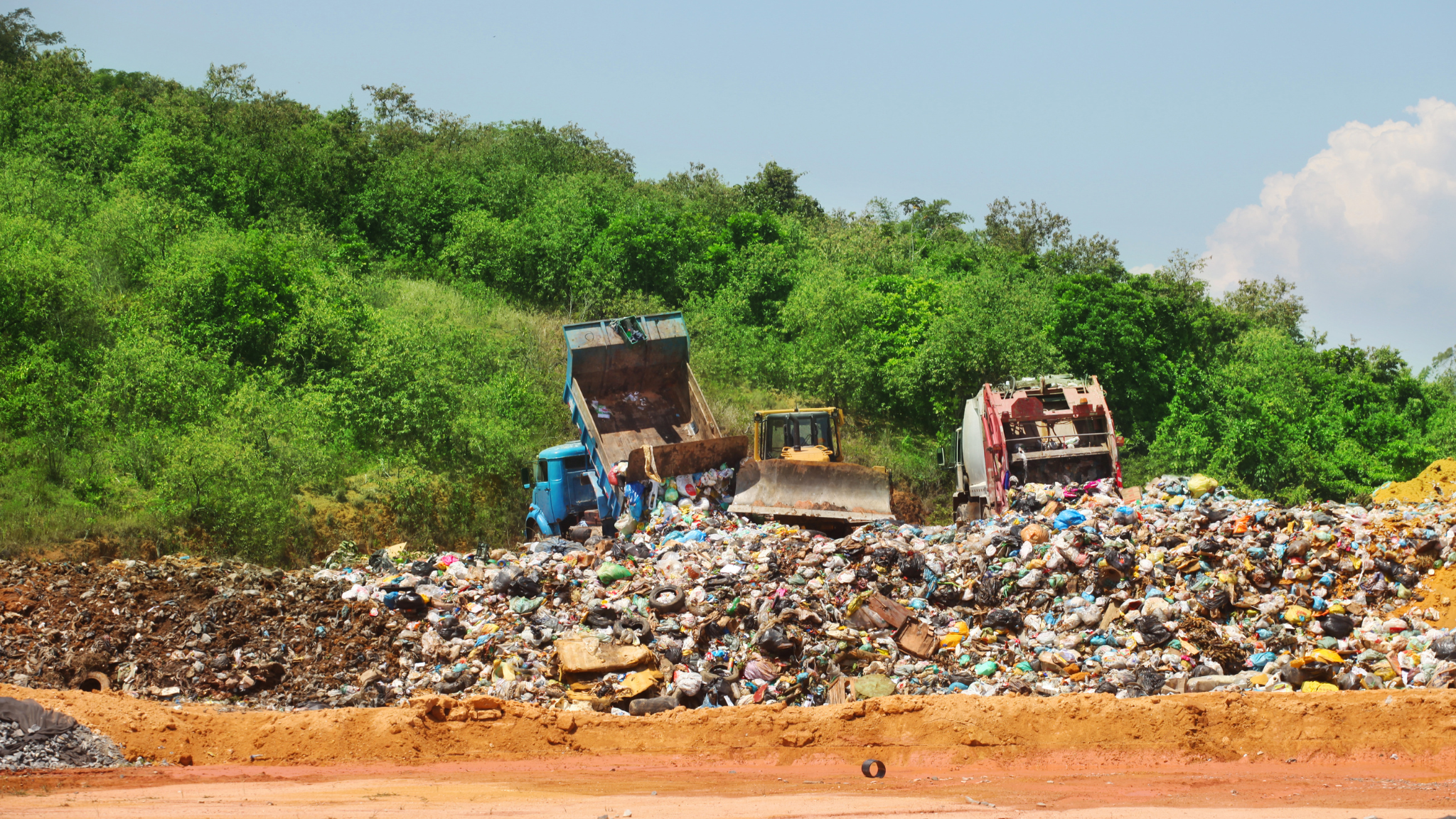
Landfill diversions
Landfilling is one of the most responsible actions of a waste management procedure, which even puts our existence at risk. And there are ways to reduce landfilling by recycling, upcycling, reusing, and composting. At Viagreen, we put our effective efforts into landfill diversion by minimizing the amount of rejected waste. We make on-site composting to encourage real-time monitoring of waste to reduce the quantity of mixed waste as quickly as possible.
Beach Clean-up
At Viagreen, we tie-up with various NGOs for community activities, such as beach clean-up. Along with the support of NGOs for the past two years, we are conducting beach cleaning programs for Mahim & Dadar beaches. We all know that the litter that ends up in the ocean harms marine life, damaging and degrading habitats. So, we take the initiative to clean and recycle litter to make seas pollution-free as far as we can.
Marine debris, commonly plastics, is one of the most dangerous global threats to the ocean's health. With citizens getting aware of marine life and so many volunteers hitting the beach to clean the ocean and sea waste, ViaGreen intends to create a community Beach waste collection and landfill diversion data.
Waste Audit
A waste audit is a systematic procedure to review operations and waste generation. The procedure will define the composition of waste by examining the materials that have been discarded or thrown away. The main purpose is to determine, measure, and analyze waste generated in functional places such as cafeterias, restaurants, common places, and others. Therefore, at ViaGreen we provide a complete analysis of waste in the bin. To understand the waste stream properly of the organization. ViaGreen specializes in conducting a waste audit, especially for bulk waste generators.
Benefits for Organizations for choosing ViaGreen
While choosing ViaGreen to manage your waste you earn-
- Certification for your responsible initiative for a healthier environment.
- Credibility for your outstanding performance for enhancing the use of recycled products.
- Trustworthiness from society for empowering women.
- Social credit for helping unprivileged children with recycled pens, papers, and bags.
- Most of all Healthy & cleaner environment around you.
Empowering Women with equal pay and opportunity
Women empowerment is necessary and very important to bridge the gap between males and females in our society. So, at Viagreen, we are putting our best efforts into empowering women by providing them with equal pay and opportunity. We value and respect every woman and consider this vital fact of their empowerment and growth. The majority of our staff are women who serve their duty to the fullest by earning and creating value for themselves.
Category-wise waste segregation processes
Dry waste Category
Paper (Newspapers, cardboards, and duplexes) –plastic waste (MLP, single used Plastics, bags, food containers) sent for agglomeration to Nashik waste management Shakti Plastics. SUP, food containers, PET, etc., is handed to a recycling unit that makes plastic granules.
Thermals go to the recycler in Sakinaka. Paper products go to mills at Ambernath and Karjat for pulping and are remade into paper.
E-waste is handed to MPCB Authorized vendors as and when required.
Wet Waste Category
ViaGreen will collect, and transport wet waste from the society's garbage room daily and do processing as per MCGM guidelines through its various recycling partners.
Wet waste- Aerobic composting/ Bio-mechanization either using on-site waste composter or processing outside the premises. ViaGreen will take care of all the compliances and documentation required by BMC.
Reject Waste Category
Unavoidable reject waste, sanitary pads/ Diapers/ Tampons/ Condoms, etc. are handed over to an authorized integrated waste management facility. At this facility, rejected waste is deposited for landfilling and disposal.
The CUP Recycling process
- First, the cups are collected on-site.
- Then cups get sorted and baled by waste contractors.
- After this process cups are sent to the recycling facility.
- Here, the cups get pulped first with water.
- Then the plastic lining gets removed from the fibers in this pulping process. And the plastic waste is sent to CEMENT KLIN (Alternative to coal).
- Moreover, the fiber is ultimately used to make new paper products.
- And the best benefit is that paper products are reusable after recycling.